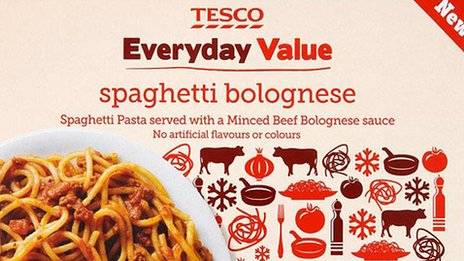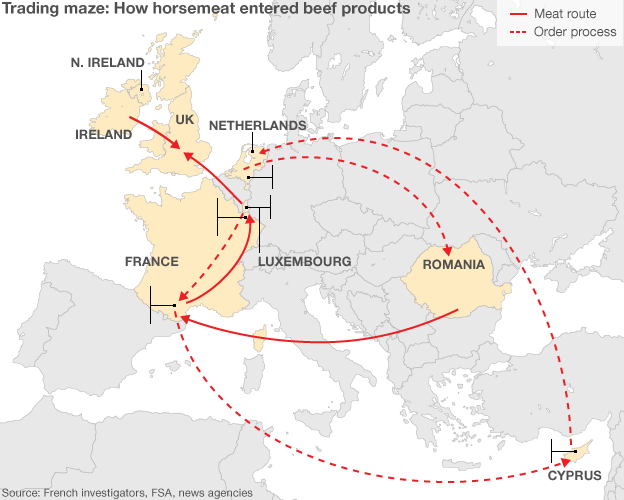I imagine we've all eaten horse meat at some point, without being aware of it 
I don't really understand why people are so happy to eat certain animals but then get morally outraged at the idea of eating others. Why does a horse/cat/dog have more rights than a cow/pig/sheep?
I don't really understand why people are so happy to eat certain animals but then get morally outraged at the idea of eating others. Why does a horse/cat/dog have more rights than a cow/pig/sheep?




